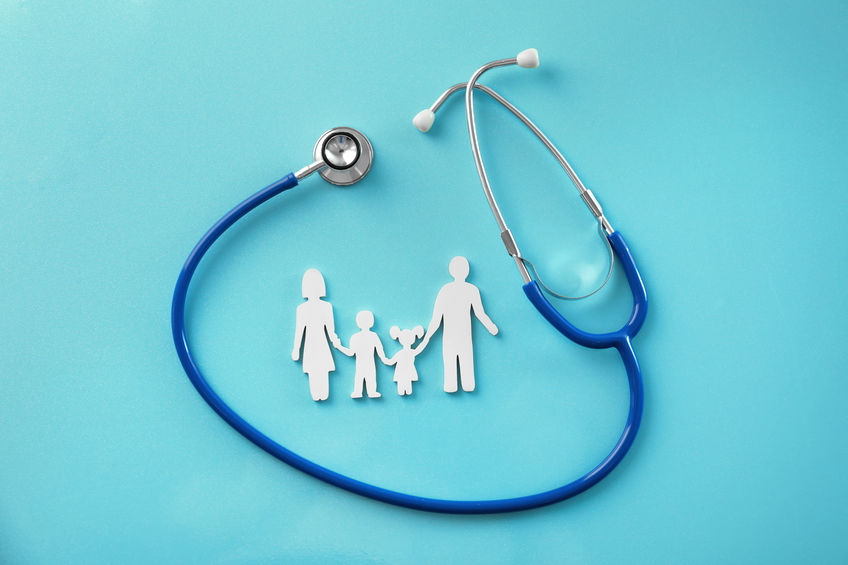In the late 90s, my friend’s younger sister had an appendectomy at a hospital in either Nsukka or Enugu, I forget which. At some point during the surgery, according to my friend, there was a power outage and the doctors wrapped up by flashlight. My friend’s sister survived and the story of her surgery by flashlight has become a dinner table anecdote. Some years ago, a woman I knew in Belgium returned to Nigeria to process the papers for her two children in Benin City to join her and her new husband in Europe. It was the beginning of summer. She had hoped to be done on time for the children to be in Belgium for the first day of school in September. On her last day in Nigeria, she was in a car accident and was heavily injured. By all accounts, she would not have died had she been given adequate treatment.
Since last week, #Justiceforpeju and #JusticeforOmolara have been trending. Mrs. Peju Ugboma and Omolara Omoyajowo are both, tragically, the latest victims of a healthcare system that has been in shambles for so long. It is impossible to imagine that there was ever a time when things were different. In Ugboma’s case, the private hospital in Lagos she was admitted to and where she apparently suffered internal bleeding after an elective surgery, did not have a CT scanner. In Omoyajowo’s case, the hospital in Ogun State where she had been a patient for two years did not even have her medical history and did not have an ambulance available when they wanted her moved to another facility because her condition was critical. They asked a friend to move her in a private car and to keep the windows down for air (because they could not send an oxygen concentrator with her).
- Infant, two others die in Ogun gas explosion
- ACF, experts flay southern govs’ silence on IPOB’s attacks
Twitter users have been posting too of their own horrific experiences with hospitals in Nigeria, losing friends and families because hospitals did not have basic amenities one would expect a hospital to have: blood, power supply, oxygen tanks. Why are we even shocked when Buhari’s wife told us that Aso Rock clinic did not have an ordinary band-aid.
According to Global Citizen’s Akindele Okunola, “Nigeria’s health care system has gone from being comparable to the rest of the world in the 70s and early 80s, to one of the world’s most underfunded and least robust. According to 2018 figures from the World Bank, Nigeria’s public spending on healthcare is only 3.89 per cent of its $495 billion GDP. For Nigeria to reach the global average of 2.7 beds per one thousand people, there have to be an additional 386,000 beds and tens of billions of dollars of investment. That investment does not seem like one the government is prepared to make. Not while those in charge can travel abroad for their physicals and treatment. Why invest where they can’t benefit? In 1983, when the military took over, one of their grievances and one they were allegedly willing to tackle was healthcare, because, “our teaching hospitals have been reduced to mere consulting clinics.” Almost 40 years later, very little has changed. According to the Nigerian Sovereign Investment Authority (NSIA), Nigerians spend $1billion annually on medical tourism. Those who can’t travel abroad but can afford private hospitals, do so.
However, the private hospitals dotting the country don’t appear to be doing much better. Ugboma and Omoyajowo were both patients of private hospitals. Out of curiosity, I looked up the requirements for setting up a private hospital in Nigeria and have it accredited. Unsurprisingly, one of the requirements is that the hospital must have proper and satisfactory equipment. I am not a medical practitioner but a CT scanner and oxygen tanks all seem like ‘proper and satisfactory equipment’ for a hospital to have. And in a country like Nigeria where we have frequent power failures, a backup generator most certainly falls into the category of ‘proper and satisfactory’ equipment. So how are these hospitals being allowed to operate? Who or what is policing them?
Apart from dealing with poorly equipped hospitals, there are also terrible stories of hospitals turning patients back for not having enough money on them to pay for an admission card or in public hospitals, charging patients for services that are supposedly free. A 2020 survey of public hospitals in Abuja by Tap Initiative for Citizens Development in collaboration with Dataphyte, revealed that in public hospitals in the FCT, patients and their families were being asked to “contribute” towards things such as access to bed space, consultancy fee, lab. fees and the “movement of files”. The sad thing is that this is hardly surprising. Bribery and corruption are so ubiquitous in Nigeria, one can almost refer to it as a Naija cultural habit. In cases of life and death and especially with healthcare practitioners who have taken the Hippocratic Oath or the Nightingale Oath, this cultural habit is beyond cruel.
That Nigeria needs urgent healthcare reform is not in doubt. Affordable healthcare for all (we can dream) and well equipped (private and public) hospitals. What we also need is to see medical malpractice punished. However, there is a feeling that in many cases, patients do not even recognise negligence and when they do, are not completely aware of their rights to take negligent practitioners to court. I am not advocating for a ridiculously litigious situation like in the US, God forbid bad thing, but rather one where medical negligence is treated like the serious offence that it is.
#Justiceforpeju #Justiceforomolara. May their souls rest in peace.

 Join Daily Trust WhatsApp Community For Quick Access To News and Happenings Around You.
Join Daily Trust WhatsApp Community For Quick Access To News and Happenings Around You.


